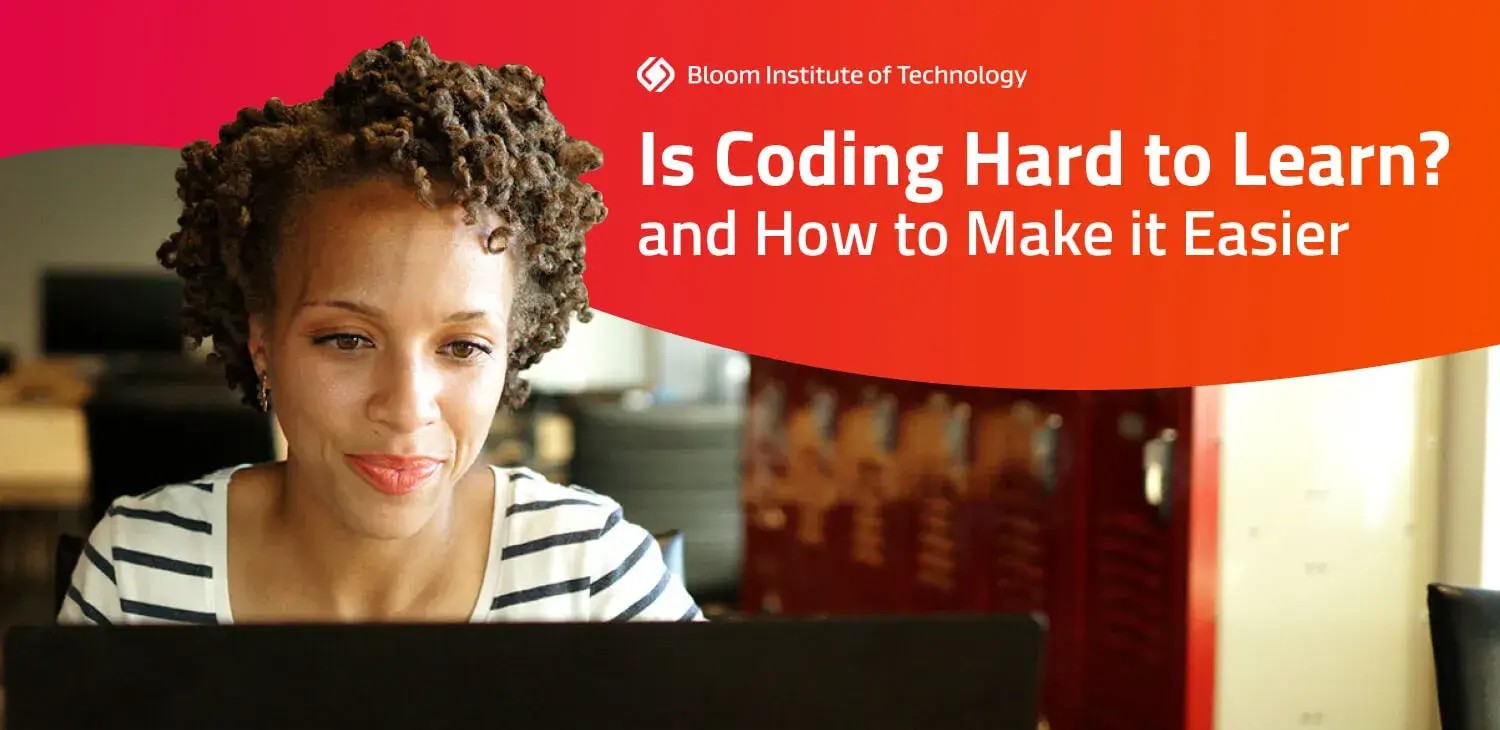Want to learn coding but feel intimidated? Wondering if it’s too difficult? You’re not alone. Many aspiring programmers feel overwhelmed by the complex syntax and seemingly endless lines of code. This article explores the challenges and rewards of learning to code, debunks common myths, and offers practical tips to make the journey smoother.
 Student working on a laptop
Student working on a laptop
Coding may seem like an alien language at first, but is it truly that hard to learn? The truth is, coding is more accessible than you might think. While it requires effort and dedication, almost anyone with the right mindset and resources can learn to code.
Is Coding Really That Difficult?
Learning to code is like learning any new skill: it takes time, practice, and perseverance. It’s not inherently harder than learning a musical instrument or a new language. The initial learning curve might seem steep, but with consistent effort, you’ll be surprised by how much progress you can make. The key is to push through the initial challenges and not give up.
As Danielle Koduru, a data scientist and BloomTech graduate, shares, “It was definitely very challenging getting over that first hump… [Then] things were starting to click.”
Debunking Common Coding Myths
Several misconceptions often deter people from pursuing coding. Let’s address some of these myths:
Myth 1: Coding Requires Advanced Math Skills
While coding is based on mathematical principles, most programming tasks don’t involve complex calculations. Basic arithmetic and logical reasoning are usually sufficient. Some specialized roles may require deeper mathematical knowledge, but this isn’t a universal requirement. Modern programming emphasizes logic and problem-solving over advanced mathematical skills.
Myth 2: The Coding Field is Too Competitive
The demand for skilled programmers continues to grow rapidly, outpacing the supply. The U.S. Bureau of Labor Statistics projects a 22% growth in software developer jobs by 2030. This high demand creates ample opportunities for aspiring coders. Finding your niche and leveraging your unique skills and experience will help you stand out in the competitive job market.
Myth 3: Coding is Inherently Confusing
Any new subject can be confusing initially. Coding languages, like any language, have their own syntax and rules. With structured learning and practice, these rules become familiar and understandable. Guided learning through online courses or bootcamps can significantly reduce confusion and accelerate the learning process.
Myth 4: There’s Too Much to Learn in Coding
The vast number of programming languages and frameworks can feel overwhelming. However, you don’t need to learn everything at once. Start with one language and gradually expand your knowledge. BloomTech’s curriculum, for example, focuses on practical skills and real-world projects, enabling learners to build a strong foundation.
Myth 5: Coding is Constantly Changing, Making it Hard to Keep Up
The dynamic nature of the coding industry is a strength, not a weakness. Continuous evolution ensures relevance and innovation. Reputable coding programs regularly update their curriculum to reflect the latest industry trends and best practices. Embrace lifelong learning and stay curious to thrive in this ever-evolving field. BloomTech, for instance, uses real-world projects to keep its curriculum current.
Tips for Easier Coding
Here are four practical tips to simplify your coding journey:
1. Use Comments in Your Code
Comments are explanatory notes within the code that don’t affect its functionality. They serve as reminders and clarifications for yourself and others who might read your code later.
2. Join a Coding Community
Engage with other learners and experienced programmers in online forums, communities, and local meetups. Sharing knowledge, asking questions, and collaborating on projects can significantly enhance your learning experience.
3. Enroll in a Coding Course
Structured learning through a reputable coding course or bootcamp provides a clear roadmap, expert guidance, and a supportive learning environment. BloomTech’s Full Stack Web Development course offers a comprehensive curriculum and career support.
4. Embrace a Growth Mindset
View challenges as opportunities for growth and learning. Don’t be discouraged by mistakes. Embrace them as valuable learning experiences. As BloomTech graduate Clint Kunz advises, “You’re gonna make mistakes, and you gotta be okay with that.”
Easiest Programming Languages to Start With
Beginners often benefit from starting with easier languages like:
-
HTML: The foundation of web development, HTML is known for its straightforward syntax and ease of learning.
-
Python: Popular for its readability and versatility, Python is widely used in data science, web development, and other fields.
-
JavaScript: Essential for front-end web development, JavaScript offers a relatively gentle learning curve and extensive online resources. It’s also a versatile language used in backend development.
Getting Started with Coding
If you’re ready to embark on your coding journey, consider BloomTech’s Full Stack Web Development course. With a risk-free trial and a focus on practical skills, BloomTech provides a supportive path to a tech career, even for those with no prior coding experience. Don’t let the perceived difficulty of coding hold you back. With the right approach and resources, you can achieve your coding goals.
